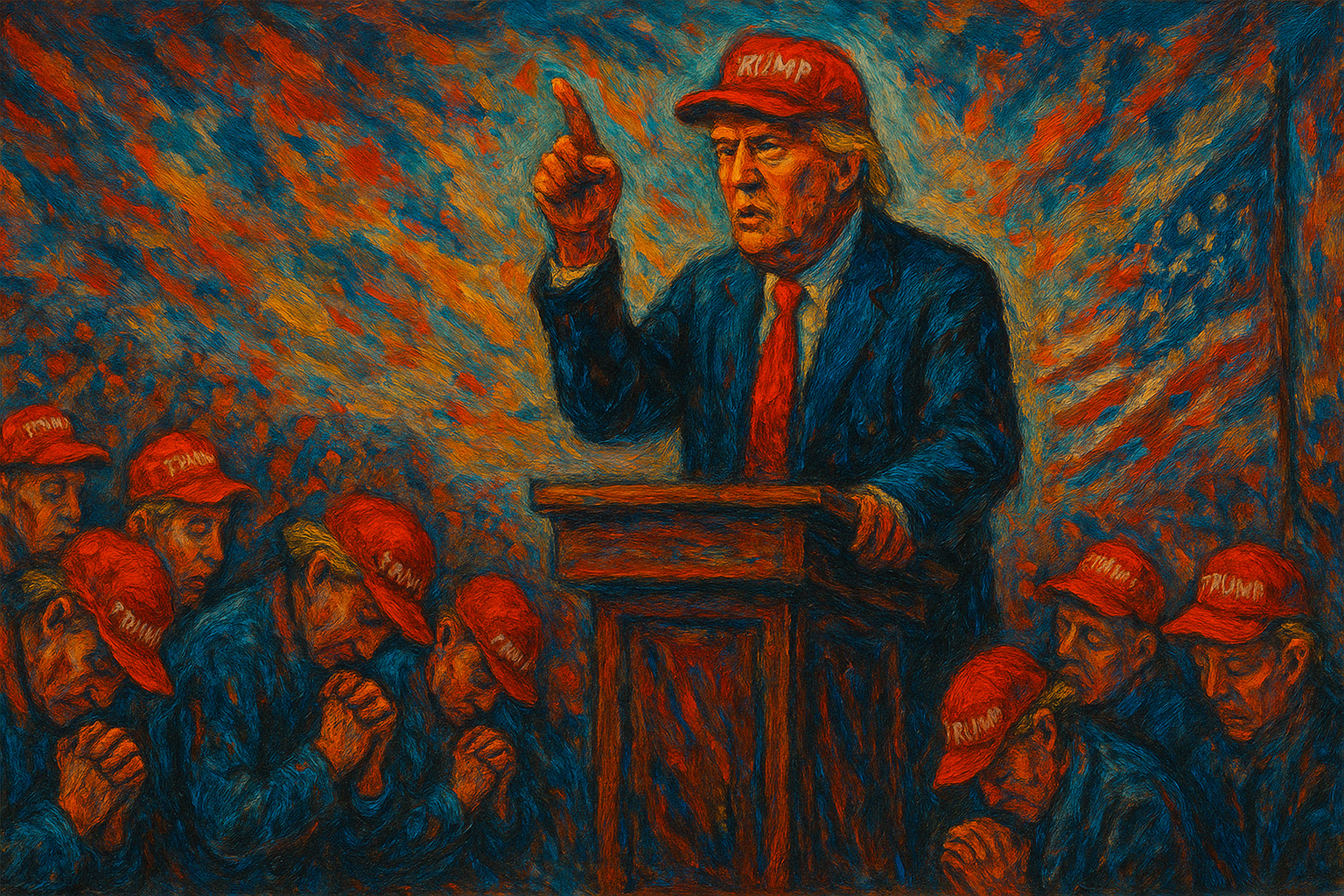On the Predictable Emergence of Consequence Following Volitional Engagement with Poorly Considered Action: A Grounded Exploration of Experiential Causality

Throughout human history, there has persisted a curiously durable pattern of behavior in which individuals, either through hubris, curiosity, boredom, or an overestimation of personal exceptionality, engage in actions that are widely acknowledged—either explicitly or through tacit cultural understanding—as unwise. These actions often disregard previously established norms, boundaries, or warnings, and they are undertaken with either willful ignorance of potential fallout or a mistaken belief that said fallout does not apply to them.
It is in the aftermath of such endeavors that a secondary, equally consistent phenomenon occurs: the rapid and often emphatic arrival of consequences. These are not always catastrophic, but they are reliably instructive. They arrive with the quiet force of inevitability, like gravity reminding a skydiver that parachutes are not merely decorative.
This sequence—the reckless action and its resulting enlightenment—forms the backbone of what we might call experiential causality: a system in which the understanding of risk is not passively absorbed through advisement or abstraction, but earned through the direct and occasionally painful interplay between a subject and reality itself.
The Mechanics of Experiential Causality
The mechanics are, ironically, elegant in their simplicity. An individual initiates a course of action that has been, by precedent or instinct, flagged as inadvisable. The reasons for this flagging may range from social contract to basic physics, but regardless, the action proceeds. At this point, the system enters a state of charged potential—much like a coiled spring, or an unlatched bear trap.
Then, predictably, something happens.
The nature of the resulting consequence is not arbitrary. It is shaped with unsettling precision by the specific flavor of misjudgment involved. If the act was impulsive, the response may be abrupt. If it was calculated but arrogant, the consequence may arrive with the dramatic flair of poetic justice. And if it was born of sheer ignorance, the outcome may be so obvious in retrospect that even the subject themselves is forced into an involuntary moment of clarity—what we might call the epistemic snap—the precise instant when knowledge is no longer theoretical.
On the Acquisition of Inconvenient Knowledge
It is worth emphasizing that the knowledge acquired through these encounters is frequently of a kind that cannot be transmitted through language alone. This is not merely knowing in the cognitive sense; it is knowing in the marrow. It is the kind of knowing that rewires reflexes. A hot stove can be described in a thousand careful words, but once touched, its lesson is learned in one.
This is why so many warnings, guidelines, and traditions fall short. They compete with the irrational but compelling allure of testing boundaries firsthand. It is one thing to hear that the electric fence is on. It is another entirely to feel it. And for a certain subset of the population—often identifiable by a particular glint in the eye or the phrase “I just want to see something”—this firsthand verification is not merely desired, but required.
Predictability and Scale
Importantly, while the outcomes may vary in severity, they do not vary in principle. The system scales. One may perform a minor action and receive a minor correction—locking oneself out of the house while checking the mailbox barefoot in January, for example. Or one may engage in a grand act of reckless ambition—say, attempting to leap a gorge on a vehicle with no suspension—and receive a correspondingly grand lesson, often involving multiple witnesses and, ideally, a waiver.
At scale, this principle governs entire civilizations. History is replete with empires, economies, and ideologies that, confident in their invincibility, pushed beyond sustainable bounds—only to be reacquainted with the unforgiving reality of material limits and human response. In every case, the system is indifferent to intention. Sincerity does not buffer impact. Consequences are meted out not as punishment, but as calibration.
Conclusion: The Gravity of the Real
To summarize: there exists in the observable universe a pattern so reliable that it deserves recognition alongside gravity and thermodynamics. When an individual engages in knowingly or predictably unwise behavior, the universe responds—not out of malice, but with mechanistic consistency. It answers not the person, but the pattern.
And though this process is often accompanied by confusion or protest on the part of the participant, its purpose is not cruelty. It is pedagogy. It is the universe placing a firm, corrective hand on the shoulder and saying, “You will understand this now.”
One might resist the lesson, attempt to rationalize it away, or vow never to repeat it. But whatever the response, the fact remains: knowledge has been transferred. Experience has been earned. The cycle is complete.
And next time—should there be a next time—it is possible, however faintly, that the lesson will linger just long enough to prevent its repetition. Though, as history has shown time and again, some among us are simply committed to continuing their education.
TL;DR: Fuck around find out lmao
